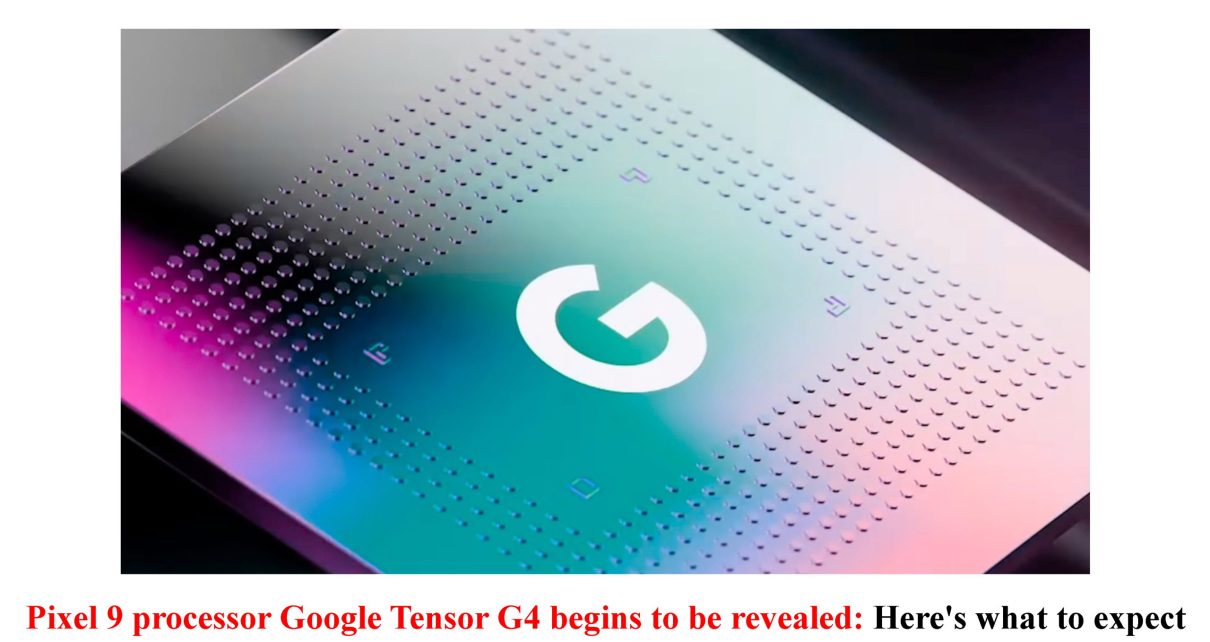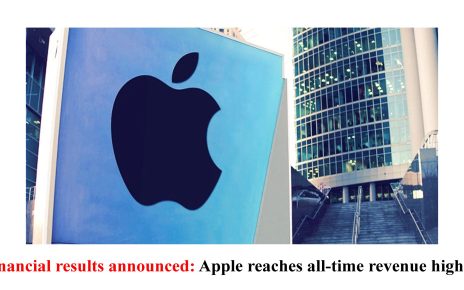Introduction to the Google Tensor G4 processor
The tech world is buzzing with excitement as the Pixel 9 processor, powered by Google’s latest creation—the Tensor G4—begins to take shape. As smartphones evolve at lightning speed, Google aims to redefine what we expect from mobile processors. The anticipation builds around its capabilities and how it will enhance our daily digital experiences. With each iteration of their custom silicon, Google has pushed boundaries, and fans are eager to see what this new chip can do. Let’s dive into the details and discover what makes the Pixel 9 processor something you won’t want to miss!
The development and evolution of Google’s processors
Google’s journey into processor development began with a clear vision: to enhance the performance of its devices while maintaining seamless integration with software. The first significant step was the launch of the Pixel 6, powered by Google Tensor. This marked a departure from reliance on third-party chip manufacturers.
With each iteration, Google has focused on optimizing AI and machine learning capabilities. These elements are crucial for tasks like photography enhancements and voice recognition.
The evolution continued with improvements in efficiency and speed. Each new processor showcased Google’s commitment to creating tailored hardware that enhances user experience.
As we look forward, the attention shifts to the upcoming Tensor G4 used in the Pixel 9. Expectations are high as users anticipate innovations that push boundaries further than before.
Features and specs of the Pixel 9 with Google Tensor G4
The Pixel 9 is set to redefine smartphone performance with the Google Tensor G4 processor. This powerhouse promises enhanced AI capabilities, enabling smarter features that adapt to your usage patterns.
Expect impressive camera enhancements as well. The Tensor G4 will likely optimize image processing and low-light photography, ensuring every shot is a masterpiece.
Battery efficiency also takes center stage. With improved power management, users can look forward to longer battery life while enjoying high-performance applications without compromise.
Additionally, seamless integration of software and hardware means smoother multitasking experiences for those who juggle multiple apps daily.
Connectivity options are anticipated to be robust as well, enhancing user experience in streaming and gaming scenarios.
Comparison to other popular processors on the market
When comparing the Pixel 9 processor, Google Tensor G4, to competitors like Apple’s A16 Bionic or Qualcomm’s Snapdragon 8 Gen 2, several aspects stand out.
Apple’s chip excels with its remarkable graphics performance and energy efficiency. It consistently leads benchmarks in raw power and speeds up tasks seamlessly.
On the other hand, the Snapdragon series shines in gaming capabilities and supports a more extensive range of devices. Its versatility makes it a popular choice among Android users.
Google’s Tensor G4 aims for balance rather than sheer power. Designed specifically for machine learning tasks, it enhances AI-driven features that set Pixel devices apart from others.
Each processor has strengths tailored to different user needs. The right choice depends on what you prioritize: pure performance or innovative features crafted around everyday use cases.
Potential benefits and drawbacks of the Google Tensor G4
The Google Tensor G4 processor shows promising potential for the Pixel 9. Enhanced AI capabilities could elevate photography and voice recognition, making everyday tasks smoother and faster. This focus on machine learning may lead to improved app performance and battery efficiency.
On the flip side, some users might find compatibility issues with certain apps or games that are optimized for other processors. The unique architecture of the Tensor series can create a learning curve for developers.
Additionally, while its custom design aims to provide better integration with Google’s software, it may not match the raw power seen in flagship processors from competitors like Apple or Qualcomm. Users seeking top-tier gaming performance might feel slightly let down by this compromise between functionality and sheer speed.
Release date and availability
The anticipation for the Pixel 9 processor, powered by the Google Tensor G4, is building. Tech enthusiasts are eager to know when they can get their hands on this innovative chip.
While an official release date hasn’t been confirmed, industry insiders suggest a launch window aligned with Google’s traditional schedule. Many expect it to debut alongside the Pixel 9 series in late 2023 or early 2024.
Availability might vary depending on regions and carriers. Historically, Google has made its devices accessible through major retailers and its online store.
Pre-orders may open shortly after the announcement event, allowing fans to secure their devices early. As excitement mounts around this new technology, staying updated will be key for potential buyers looking forward to upgrading their smartphones with the latest features driven by the Tensor G4 processor.
Conclusion: Is the Google Tensor G4 worth the hype?
The anticipation for the Pixel 9 processor, powered by Google’s Tensor G4, is palpable. As technology enthusiasts await its official introduction, many wonder if it will live up to the hype surrounding previous iterations.
With advancements in AI capabilities and enhanced performance metrics, there is a lot of potential here. The evolution from the original Tensor to G2 and now to G4 shows Google’s commitment to integrating software with hardware seamlessly. This integration could offer smoother user experiences that are not just about speed but intelligent functionality as well.
When compared to competitors like Apple’s A-series chips or Qualcomm’s Snapdragon processors, it becomes clear that Google aims for unique features tailored specifically for their ecosystem. This approach might appeal more to loyal Android users who value brand coherence and optimized application performance.
However, some concerns linger over whether these innovations can compete with established giants in processing power or battery efficiency without significant trade-offs.
As we draw closer to the Pixel 9’s launch date, tech aficionados are left pondering what this new chip will truly mean for everyday use. Will it redefine smartphone performance standards? Or will it struggle against competition?
The answer remains uncertain until we see real-world applications of the Tensor G4 in action on devices like the Pixel 9. All eyes are on Google as they prepare for another leap into mobile computing excellence.



